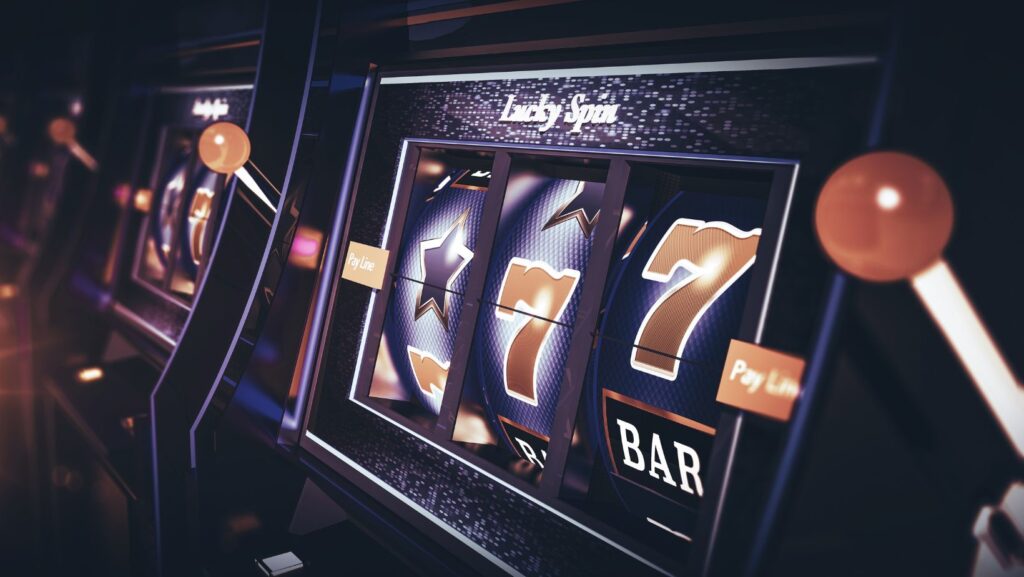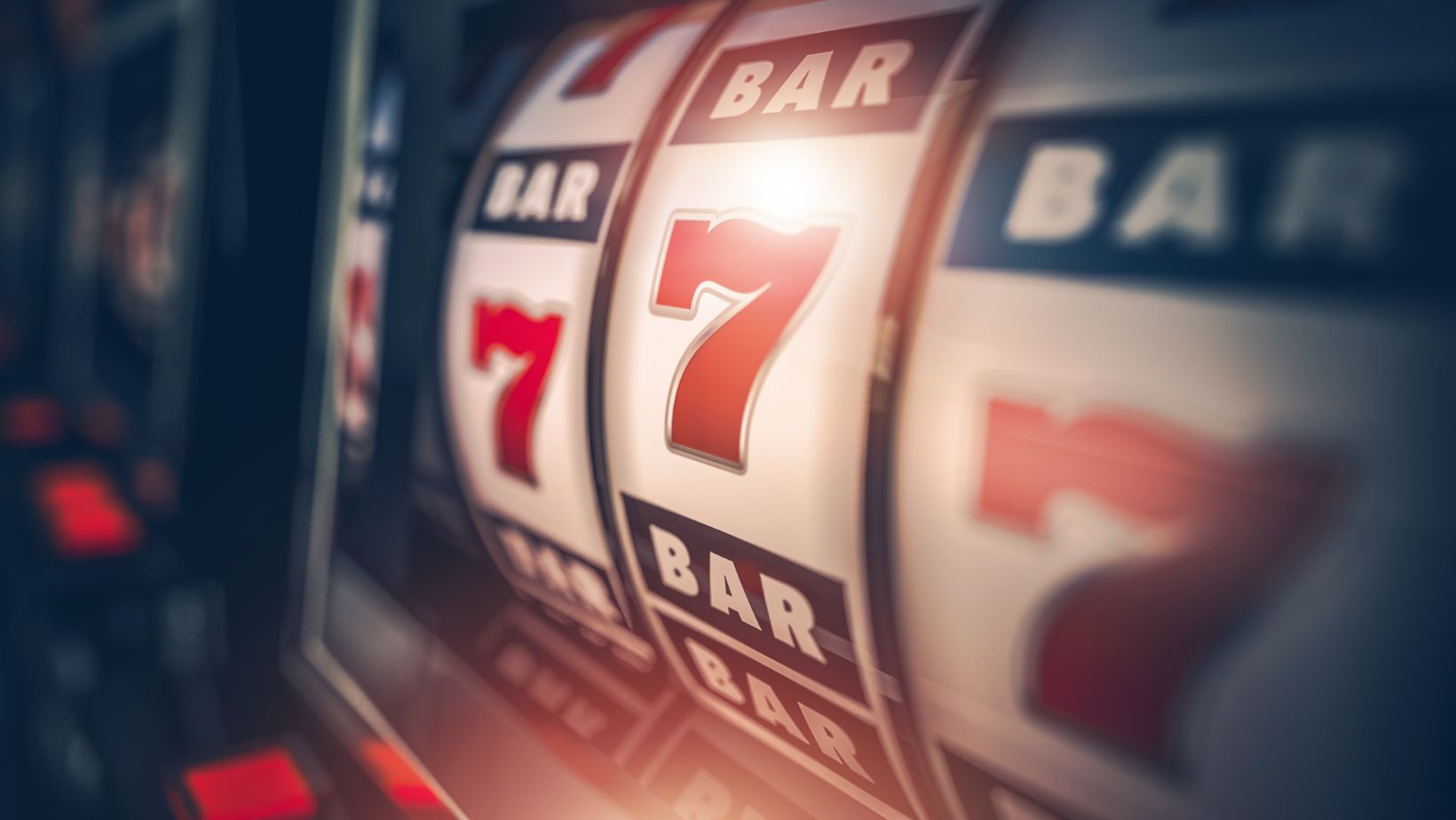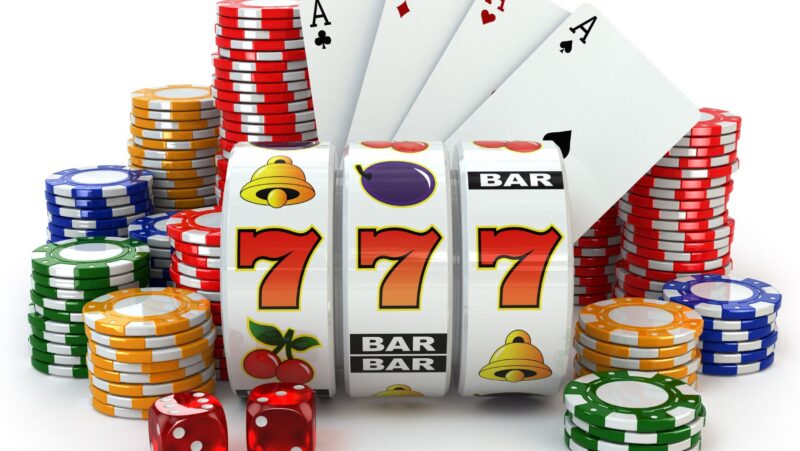
You’re excited about a new casino. Great welcome bonus, flashy games, maybe even some influencer recommended it. But before you deposit a single dollar, you need to run my 5-question test.
I learned this the hard way after losing $400 to a casino that seemed legitimate until I tried to withdraw. These five questions would have saved me from that mess—and they’ll save you from worse.
Some platforms actually make this vetting process easier. Monopoly Casino displays their Spanish licensing clearly and offers something you won’t find anywhere else – exclusive Monopoly-themed slots like Monopoly Millionaire and Monopoly Big Spin. They accept PayPal and Apple Pay with 10€ minimum deposits, plus their unique Slingo games blend slots with bingo for a fresh experience.
Question 1: “Where’s Your License Information?”
Real casinos display their license prominently. Usually in the footer, sometimes in an “About” section. If you can’t find it in 30 seconds, that’s your first red flag.
But here’s what most players miss: check if the license is real. Copy the license number and search for it on the regulator’s website. I once found a casino claiming a Malta license that didn’t exist.
Quick verification tip: Malta Gaming Authority licenses start with “MGA.” UK licenses begin with “UKGC.” Curacao licenses show “365/JAZ” or a similar format. No license number visible? Walk away immediately.
Question 2: “How Fast Are Withdrawals Processed?”
Forget what the marketing pages say. Dig into user reviews and forums. Look for recent complaints about withdrawal delays.
I test this during my research phase by depositing the minimum amount, playing a few spins, then immediately requesting a withdrawal. If they ask for documents I already uploaded, or if “technical issues” suddenly appear, I know there’s trouble ahead.
Question 3: “What Happens When I Contact Support?”
Message their live chat with a simple question: “What’s your maximum daily withdrawal limit?” Time their response and evaluate the quality.
Good casinos answer within 2-3 minutes with specific information. Bad ones give vague responses, try to redirect you to “VIP managers,” or don’t know their own terms.
Question 4: “Who Owns This Casino?”
Scroll to the bottom of their website. Look for company registration information, parent company details, or ownership disclosure. Legitimate operators aren’t shy about revealing who runs the show.
If you see generic company names like “Gaming Solutions Ltd” without specific details, or if the ownership trail leads to shell companies, consider that a warning.
Research trick: Search the casino name plus “parent company” or “owned by.” If multiple casinos share the same ownership but have wildly different reputations, that’s valuable intelligence.
When researching casino backgrounds and game providers, resources about slots online can provide valuable comparison data and help you spot legitimate operators versus questionable ones.
Question 5: “Are The Game RTPs Public?”
Professional casinos publish RTP percentages for their games. Some display them directly in the game info screens. Others maintain RTP lists on their websites.
Casinos hiding this information may be running games with modified (lower) RTPs. I’ve seen slots claiming 96% RTP actually running at 92% on specific platforms.
Verification method: Check the game provider’s official website. NetEnt, Pragmatic Play, and other major providers publish standard RTPs. If the casino’s numbers don’t match, that’s manipulation.
Red Flags That End the Test Early
Some problems are so severe they override everything else:
Fake software providers. If you see game studios you’ve never heard of with suspiciously similar names to famous ones (“NetNet” instead of “NetEnt”), leave immediately.
Cryptocurrency-only operations without proper licenses. While crypto casinos can be legitimate, unlicensed ones often use cryptocurrency to avoid regulatory oversight.
Pressure tactics during sign-up. “Limited time offer expires in 10 minutes,” or aggressive pop-ups trying to rush your decision, indicate predatory practices.
What I Do When Tests Fail
If a casino fails 2+ questions, I don’t just avoid it—I research who else might be promoting it. Affiliate sites pushing problematic casinos lose credibility with me permanently.
For casinos that pass 4/5 questions, I consider them cautiously. Maybe they’re new and working out legitimate issues. For 5/5 passes, I’ll do a small test deposit.
Personal rule: I never risk more than $50 on any casino until I’ve successfully completed at least one withdrawal, regardless of test results.
Beyond the Basic Test
Once you’ve found a trustworthy casino, monitor it periodically. Management changes, financial difficulties, or new ownership can transform reliable operators into problem sites quickly.
The five-question test takes under 10 minutes but prevents expensive mistakes that could take months to resolve. Trust me—the casinos failing these questions aren’t worth your time or money.













